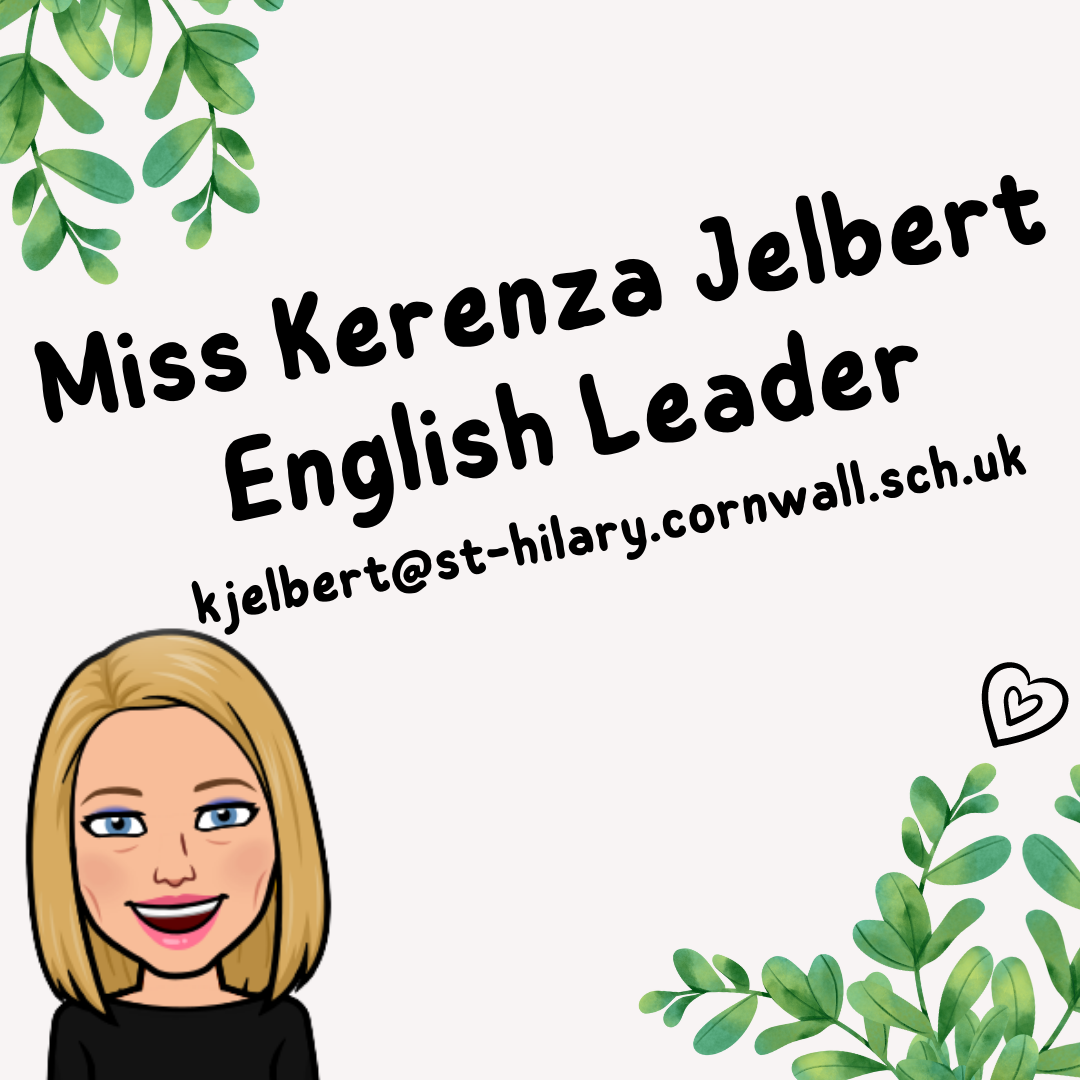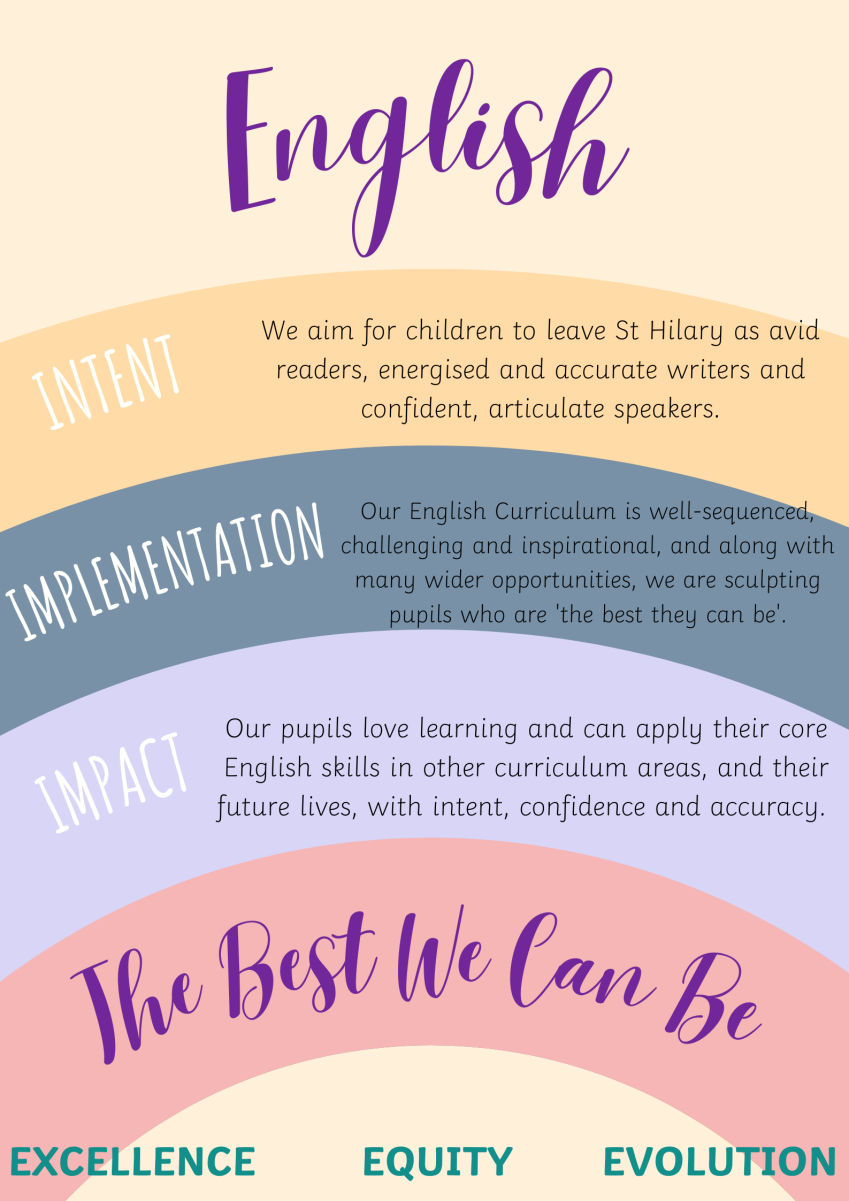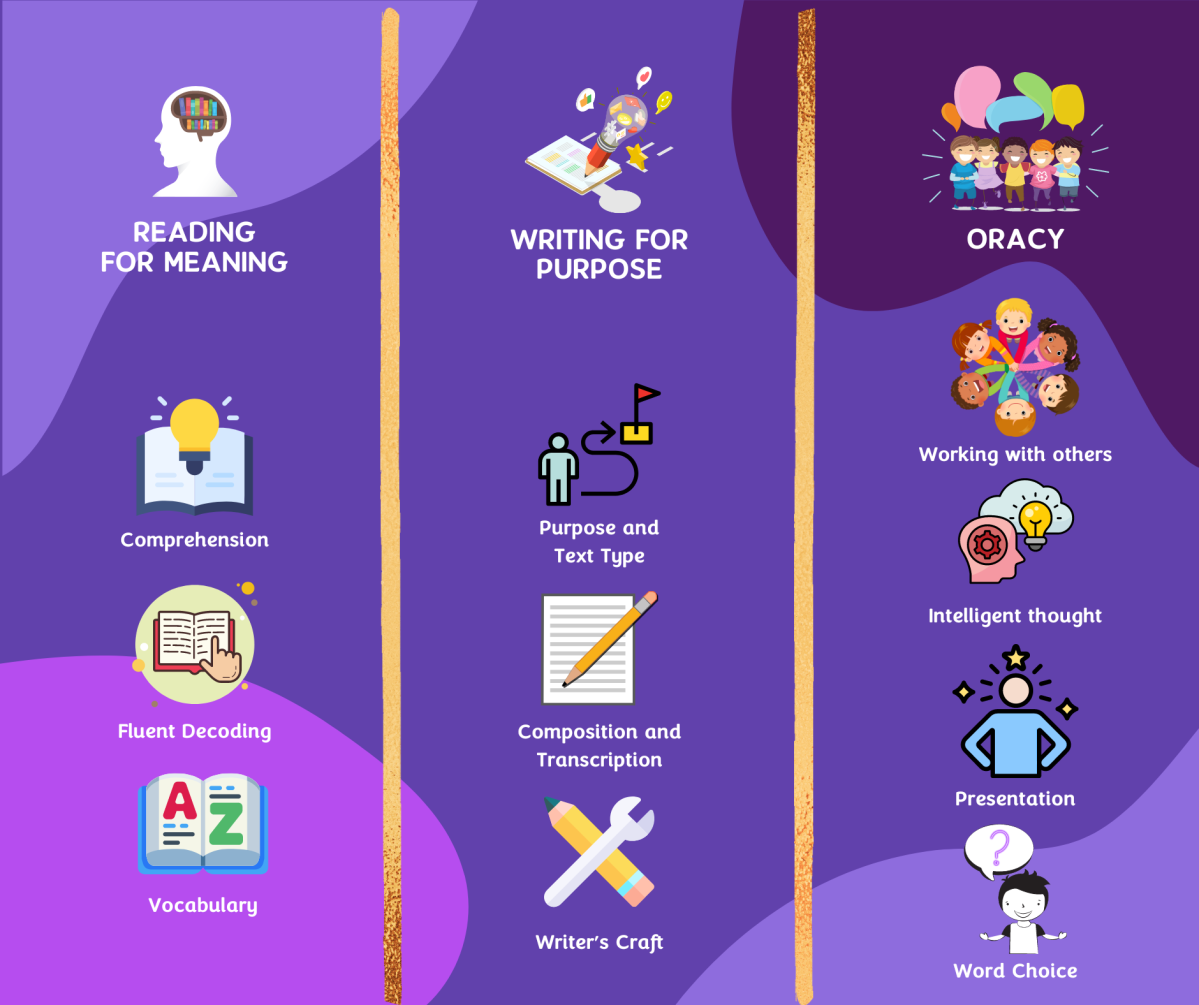St Hilary Reading Strategy
Reading progression in EYFS, Key Stage 1 and Key Stage 2
Unlocking Letters and Sounds
At St Hilary School, we use Unlocking Letters and Sounds which was validated by the DfE in December 2021.
We begin teaching phonics in the first few weeks of Reception where children make rapid progress in their reading journey. Children begin to learn the main sounds heard in the English Language and how they can be represented with letters, as well as learning ‘Common Exception’ words for Phases 2, 3 and 4. They use these sounds to read and write simple words, captions and sentences. Children leave Reception being able to apply the phonemes taught within Phase 2, 3 and 4.
Phase 2 ‘Actions, Images and Letter Formation’ document (available to download below)
In Year 1 through Phase 5a, b and c, they learn any alternative spellings and pronunciations for the graphemes and additional Common Exception Words. By the end of Year 1 children will have mastered using phonics to decode and blend when reading and segment when spelling. In Year 1 all children are screened using the national Phonics Screening Check during the Summer Term.
In Year 2, phonics continues to be revisited to ensure mastery of the phonetic code and any child who does not meet age-related expectations will continue to receive support to close identified gaps.
For further details please see the Unlocking Letters and Sounds progression (available to download below)
To ensure no child is left behind at any point in the progression, children are regularly assessed and supported to keep up through bespoke 1-1 interventions. These include GPC recognition and blending and segmenting interventions. The lowest-attaining 20% of pupils are closely monitored to ensure these interventions have an impact.
Reading Scheme
At St Hilary, we promote a 'phonics first' approach and in both our guided reading sessions at school and in the books children take home, texts are very closely matched to a child's current phonics knowledge so that every child can experience real success in their reading. In these crucial early stages of reading we primarily use books from Ransom Reading Stars Phonics to ensure complete fidelity to the Unlocking Letters and Sounds progression we follow.
Accelerated Reader
Once children progress beyond decodable texts, they begin to use the Accelerated Reader scheme so that they can continue to progress in their decoding, fluency and comprehension skills to become avid, motivated, expert readers. This involves the children taking a termly assessment online to give their 'Reading Range'. Children then choose books from our school library from within that range to support their development as readers. Each time they finish a book, they will take a short quiz to assess their comprehension and are celebrated in our school newsletter as a 'Fabulous Full-Marker' when they achieve 100%, whilst also achieving points towards their targets if they achieve over 60%.
Whilst ensuring support for the lowest-attaining 20% of pupils with continued, tailored, interventions (decoding and/or comprehension), we also make a point of celebrating success with our highest-attaining children when they reach 'Word Millionaire' status!
How to pronounce the phase 2, 3 and 5 sounds





